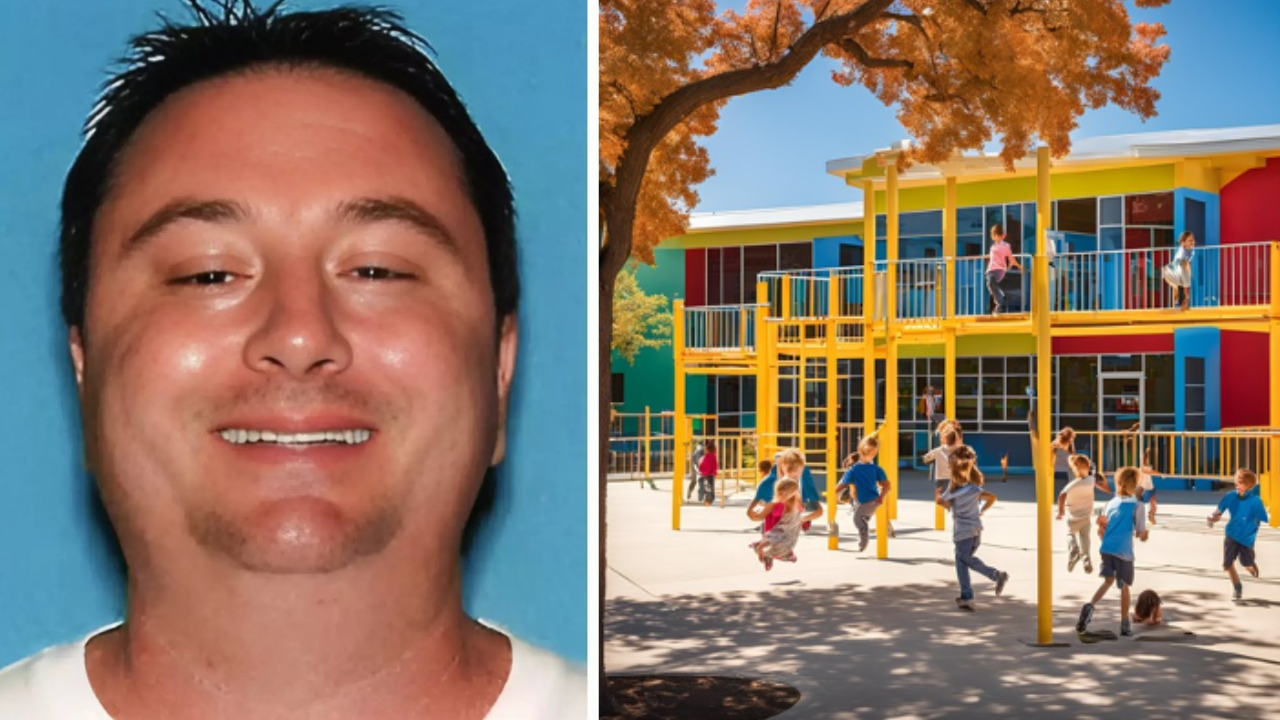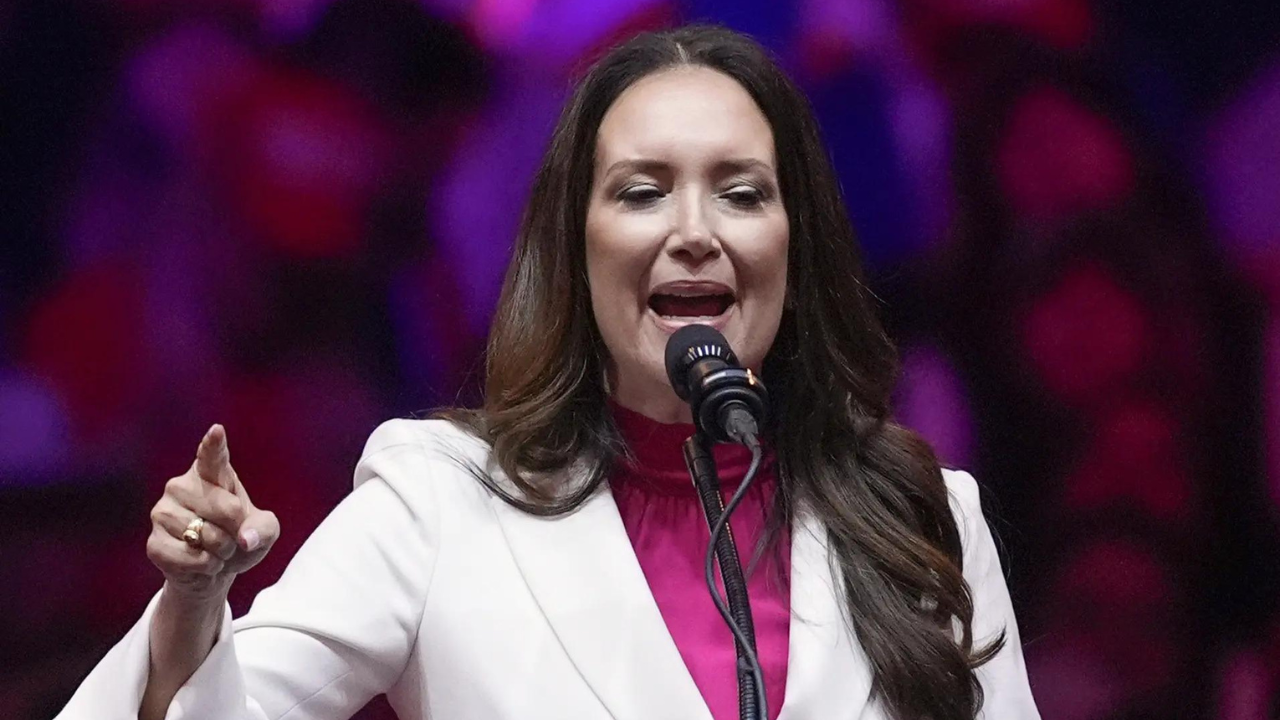ARTICLE AD BOX
Thousands of protesters took part in anti-racism marches in the United Kingdom on Saturday, which has seen a week of far-right violence, as authorities say police remain on high alert after the latest clashes with "rioters" on Monday.
Several British cities have witnessed new demonstrations denouncing the recent violence linked to xenophobia and Islamophobia, the largest of which was in Belfast, where this week there was violence described by police as "racist."
Fiona Doran, of United Against Racism, which co-organised the march, said the move showed that "Belfast is a city that says no to racism, fascism, Islamophobia, anti-Semitism and misogyny".
On Friday night, a mosque in Newtownards, east Belfast, was targeted again with a Molotov cocktail, but it did not ignite and the mosque was vandalised, with police saying they were treating the matter as a racist crime.
Police Service of Northern Ireland (PSNI) Chief Inspector Keith Hutchinson said: “This is a racially motivated hate crime and I want to send a strong message to the perpetrators that this type of activity will not be tolerated.”
Anti-racism rallies were held in hundreds of people across the UK, including in Newcastle (northern England), Cardiff (Wales), Glasgow and Edinburgh (Scotland). In London, around a thousand people gathered outside the headquarters of the anti-immigration Reform UK party, holding up banners reading "No to racism, no to hate", without incident.
“I don’t want the right wing to take to the streets in my name,” said Jeremy Snelling, 64, who attended the rally. “I’m for open borders, and refugees are a good thing.” Phoebe Sewell, 32, said: “It’s very important for immigrants in this country to see us here, showing that we don’t tolerate violence.”
The unrest, the worst in the UK since 2011, erupted last week after three girls were stabbed to death at a dance class in Southport, northwest England, and five other children were seriously injured.
Authorities attribute the calm that has returned to the country to a firm judicial response, with more than 800 people arrested and 300 convictions issued for rioting and publishing material online that fuels violence. Despite the calm, British media reported on Saturday that Prime Minister Keir Starmer had cancelled his holiday plans next week in order to "focus on the crisis."
"Hundreds of people suspected of involvement in the violence will soon be brought to justice," said Stephen Parkinson, director of public prosecutions in England and Wales, adding that those convicted could face prison sentences of up to 10 years.
King Charles III on Friday thanked the police for their response to recent far-right riots in the UK, attributing the violence to the "delinquency of a small number" of people and calling for "mutual respect and understanding."
.png)
 3 months ago
3
3 months ago
3









 English (US)
English (US)